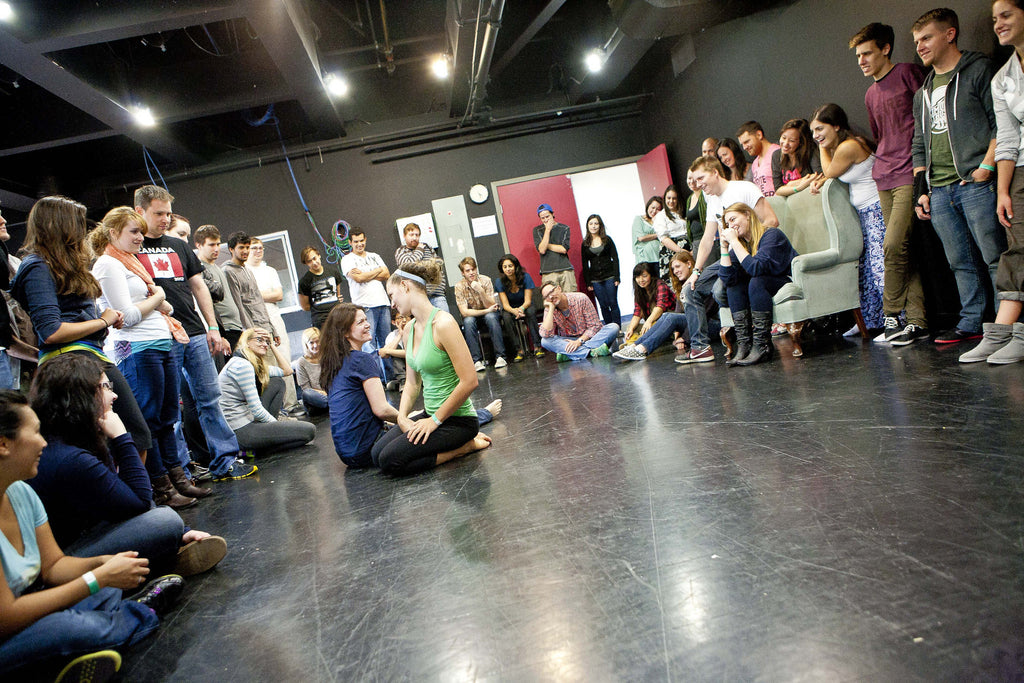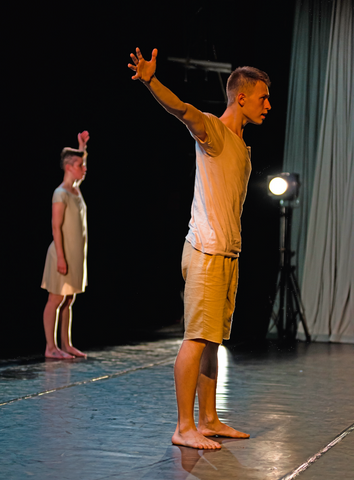
Performance studies drama workshops
£14.95
Performance studies brings together dance, drama and music and gives students a unique opportunity to produce A-level practical work in which they can demonstrate their skills across these art forms. At the
start of the course, the majority of students will have probably studied drama already but their experiences will vary and a number of students will have come to performance studies from a dance or music route.
In the first unit of the course – The Language of Performing Arts – all students will take part in a number of workshops designed to build up their practical skills in each of the art forms. The purpose of this article is to provide lesson plans for five workshop sessions that will enable all students in the group to develop their drama skills. The specification identifies five technical terms for each of the art forms, and the idea of the workshops is to enable the students to understand and explore this vocabulary practically.
In drama the five technical words are:
- Dialogue
- Characterisation
- Physicality
- Proxemics
- Tension
While this article was written with AS performance studies students in mind, the workshops could also work as a basis for sessions for the new applied A levels in performing arts offered by OCR and Edexcel.
They can also form the basis of practical classes within a drama A-level course, perhaps as refresher sessions at the start of the course.
Stimuli for the workshops At first, the thought of organising a whole workshop around a single dramatic term can seem dry as well as daunting and it is important to be creative in your approach to these. It is best to avoid giving definitions of the terms until the end of each workshop, but it is also essential to reinforce each workshop through the careful use of handouts and short written exercises. The workshops that are suggested here focus on the acquisition of technical skills.
Students are not expected to write about the workshops, but they are expected to be able to use technical vocabulary in a natural and authoritative manner. It is good practice, therefore, to set a small amount of written work to support their understanding of the practical work. The workshops are intended to be taught in the sequence they appear and some later activities build on work undertaken in the earlier ones.
Number of lessons: 5




